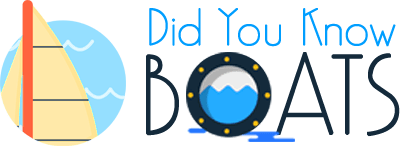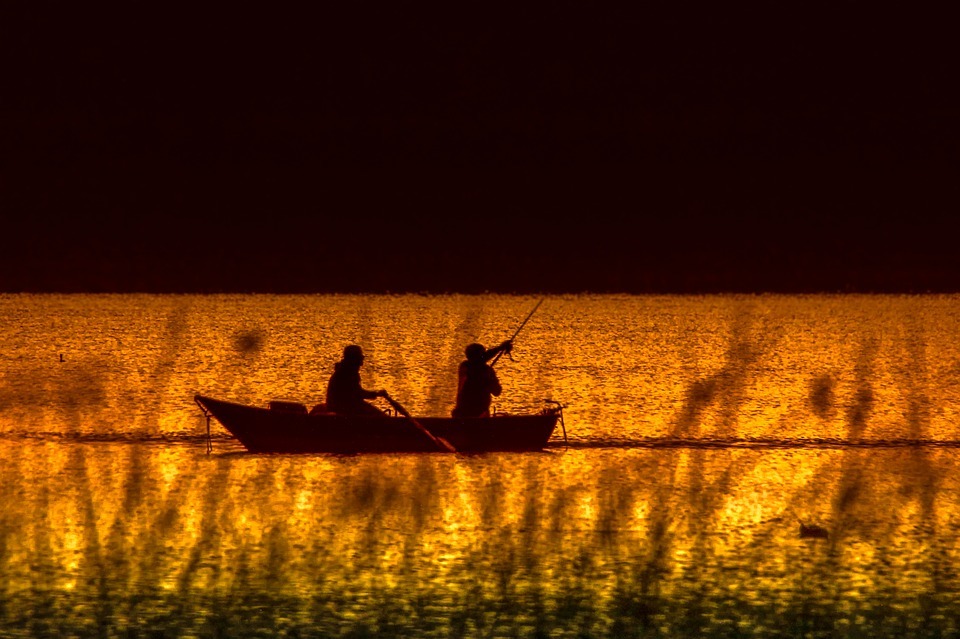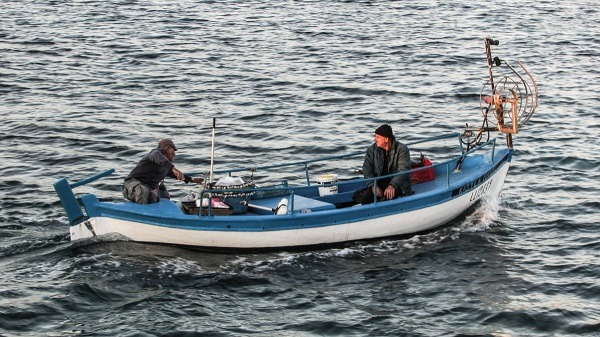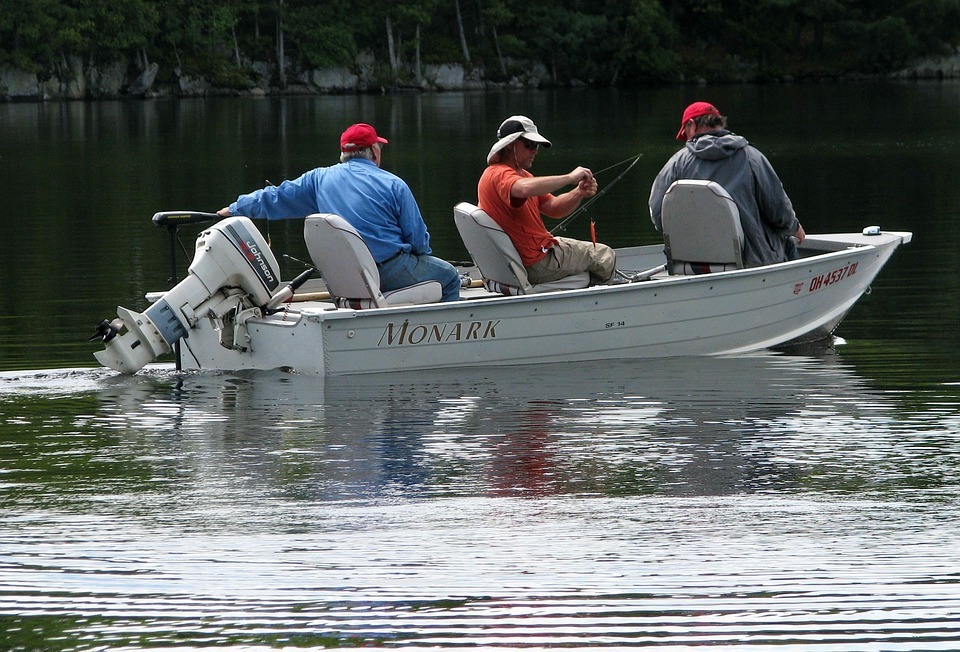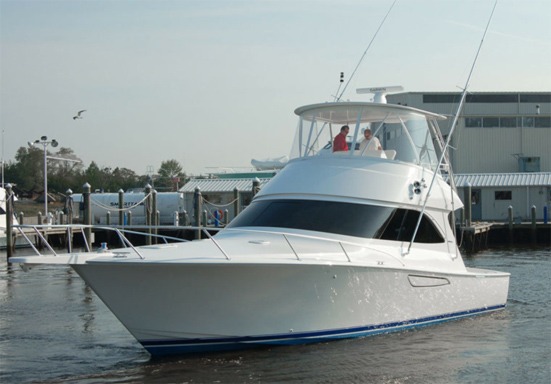Every fisherman’s dream is to have their own fishing boat. If you love to fish, perhaps it’s time for you to buy your own boat or experience the best fishing charters nt. But buying one, especially if you want to use it for fishing, is much more than picking out the fiercest or coolest-looking one. If a fishing boat is what you need, you need one that is sturdy and stable, so it can endure hours of sailing and handle large catches.
If you are set on getting yourself a fishing boat, here are the things you must keep in mind:
1. Determine where you are going to take your boat
Are you going to use it in freshwater or saltwater? Most fishermen doesn’t take this to consideration, but this is actually important. What if you want to fish in saltwater, but you bought a boat that’s strictly for freshwater use? Almost any type of hull construction is good for use in freshwater, but with saltwater, it’s a different story. Most freshwater boats are made with a hull designed to be used close to the shore and handle small waves. This doesn’t mean you can’t use it in the ocean, though, but you’ll have to carefully choose your timing.
Also, it’s the salty waters that can cause problems even in a well-made boat. If you choose an aluminum boat, especially if it has stainless steel parts for mounting the motor, the saltwater can cause electrolysis that corrodes the steel and eats away the aluminum. Over time, this can cause leaks and weakening of the hull. So, if you want to use your boat for long-time fishing in saltwater as well, better get a boat with fiberglass hulls. Aluminum boat is usually fine for calm, freshwater uses. If you plan on mostly saltwater fishing, you can benefit from getting a closed cooling system and flushing system to better clear the engine.
2. Decide what type of boat you like to buy
The type of boat you should choose would also depend on whether you’ll use it for freshwater or saltwater fishing. There are boats that are specialized, so if you’re going to fish for a specific type of fish you can look into those.
Freshwater fishing boats
- Bass boat
If you want to fish specifically for bass, bass boats are your choice. It’s a general term for a style of sleek, low-profile boats that are designed for use in calm, shallow waters. Bass boats have lower sides to reduce wind. It comes in aluminum or fiberglass and can carry a simple 23-hp engine to a 250-hp motor. Bass boats also generally provide plenty of storage for fishing gear and catch, as well as a comfortable floor and seating for hours of fishing.
- Dual console boat
This type of boat features dual consoles with passage between them. It’s a versatile boat that allows you to fish in any element, and can be configured into a steering-wheel console or tiller-mounted engine. They offer more seating and storage capacity than inflatables, and can fit up to six or more fishermen. Most of these boats are made of fiberglass, making it great for both freshwater and saltwater fishing.
- Cuddy Cabin boat
This type of boat has a cabin in front to protect the fisherman from elements. It’s great for all-water fishing, since it’s made of fiberglass. The downside of this is that you’ll get a limited space for storage.
Saltwater fishing boats
- Center console boat
The center console boat is great for saltwater fishermen because it’s often high-powered and designed to combat the sea. These boats are also known as “open fisherman” because it has an open deck layout. This boat also offers abundant storage for gear, fish boxes and outriggers.
- Bay boat
The bay boat has a beamy center console perfect for backwater fishing. This type of boat is typically sleek and slender, and comes with an extensive seating, storage and fishing features. It can be constructed from fiberglass or composite materials.
- Convertible boat
Convertibles are a classic offshore fishing boat. They offer great space and speed needed for fishing in the seas. It’s also referred as “sports fisher” or “sportfisherman.” Most convertible boats offer fly bridge controls, a practical cabin and a tower. It’s used for big-game angling and are generally pricier, but it’s a worthy investment if you’re planning to fish full-time.
3. Know how much you are willing to spend
Think of buying a boat as similar to buying a car. You don’t just need to have enough money for the car – you also need to make sure you also have a budget for gas, regular maintenance, insurance and extra accessories? The same way goes for boats. Include to your budget not only the price of the boat but also the maintenance and fuel it will require. Include also registrations, insurance fees and applicable taxes. If you’re buying a used boat that needs a new paint job or repairs, then you must factor all these costs as well. You also need to buy safety equipment and a dock to park your boat, which often has rental fees. Consider all possible expenses that comes along with purchasing and using your fishing boat, so you can prepare your budget.
4. Pick the boat with the features you need
Since you’re planning to buy a fishing boat, most probably you are looking for built-in fishing features. There are many options you can find or add in to a boat, but you must narrow it down from your needs to your wants so you can make the best decision. Here are some important features you may be looking for:
- High fuel capacity
If you’ll be out for long hours, your boat needs to be ready and able to go to distances with you so you can catch fish where they are.
- Locking bulk storage
It’s great to have the option to leave your fishing gear in the boat, so you don’t have to haul them back and forth to the boat every time you want to fish. If the boat has a locking bulk storage, you can lock away your rods, reels, tackle boxes and other gear safely and securely.
- Large fish boxes
What’s essential to fishermen are large fishing boxes that offers a room big enough for all your catch in the middle of your excursion. It must be insulated to keep it fresh and it must drain overboard.
- Rod holders
You don’t want to hold your rod every second you’re in the water. Rod holders are a big plus when looking for a fishing boat. The more, the better.
- Raw water washdown
Fishing is a messy activity, as you’ll be dealing with fish blood, baits and chum. You must have a raw water washdown to keep things clean and fresh.
- Sun protection
Since there’s no shade in the middle of the waters, you need to have a proper sun protection. The boat you choose must have some kind of top to give you shade against the scorching sun, or at least, an option for mounting a canopy or Bimini top.
5. Check for warranties
If you’re buying new, a bot must have a warranty. It can last anywhere from a year to three years. You must also know what the warranty covers and how long it is extended. Ask your seller about this. Check their return policies as well, in case you found out your boat has defects. Boats that doesn’t come with a warranty must not be considered and should be crossed off your choices. If you’re purchasing a used boat, you can be able to buy an extended warranty from your dealer or seller.
6. Inspect the boat
If you’re buying a used boat, do additional investigating. Ask the seller or dealer questions about previous uses of the boat, what types of water it has been on, what repairs has been done, how many hours are on the engine and other historical information. Check closely the hulls and the deck if there are signs of damage, cracks, dents, holes and other inconsistencies.
If you’re not confident with your knowledge about what to look for and check, ask help from a boater friend or inspector. A boat is a significant investment and it costs a lot, so make sure you’re buying something that will last you for a long time.
7. Check insurance and coverage
Check your boat insurance and make sure you knows what is covered with it before you buy. This way you can assess whether or not a boat is worth the price you’re going to pay. Sometimes you may need to pay for additional insurance for the things the basic insurance doesn’t cover.
You may not know it, but most homeowner’s insurance policies may cover parts of your boat. Check your existing policy information to see exact details. If your boat isn’t covered under your home insurance policy, there’s additional boat insurance you can add on, which are relatively cheap.
Also, check the location of coverage. Many policies can cover up to 100 miles or so from the coast of the United States or Canada. This will determine the areas you’re restricted to.
8. Take it to a test drive
Don’t commit to a boat without taking it for a test drive first. You must experience it first-hand how it feels on the water. You should be able to check if you’re comfortable with controlling it and if it’s easy to navigate. This way you can also check out how everything on the boat works and ask your dealer better on how to deal with common problems aboard the boat. Again, you can also bring your trusted friend or inspector with this, as having a second set of eyes can help you remain objective.
9. Ask for documentation
You get receipts for buying anything, so when buy something as big as a boat, it becomes more important to leave a paper trail. Once you have chosen the fishing boat to purchase, you need to get proper documentation, which must include bill of sale, proof of payment, title and maintenance records. These documents must also be notarized to help keep everything legal should any problem
10. Don’t forget about your trailer
You need something to move your boat with, and that’s the purpose of a trailer. If you’re buying a new boat, you can get a deal that offers a trailer with your purchase. But if not (and if you’re buying a used one) it’s great to have a trailer in hand. If you need to buy one, make sure it fits the size of your boat so it can be transported safely.
